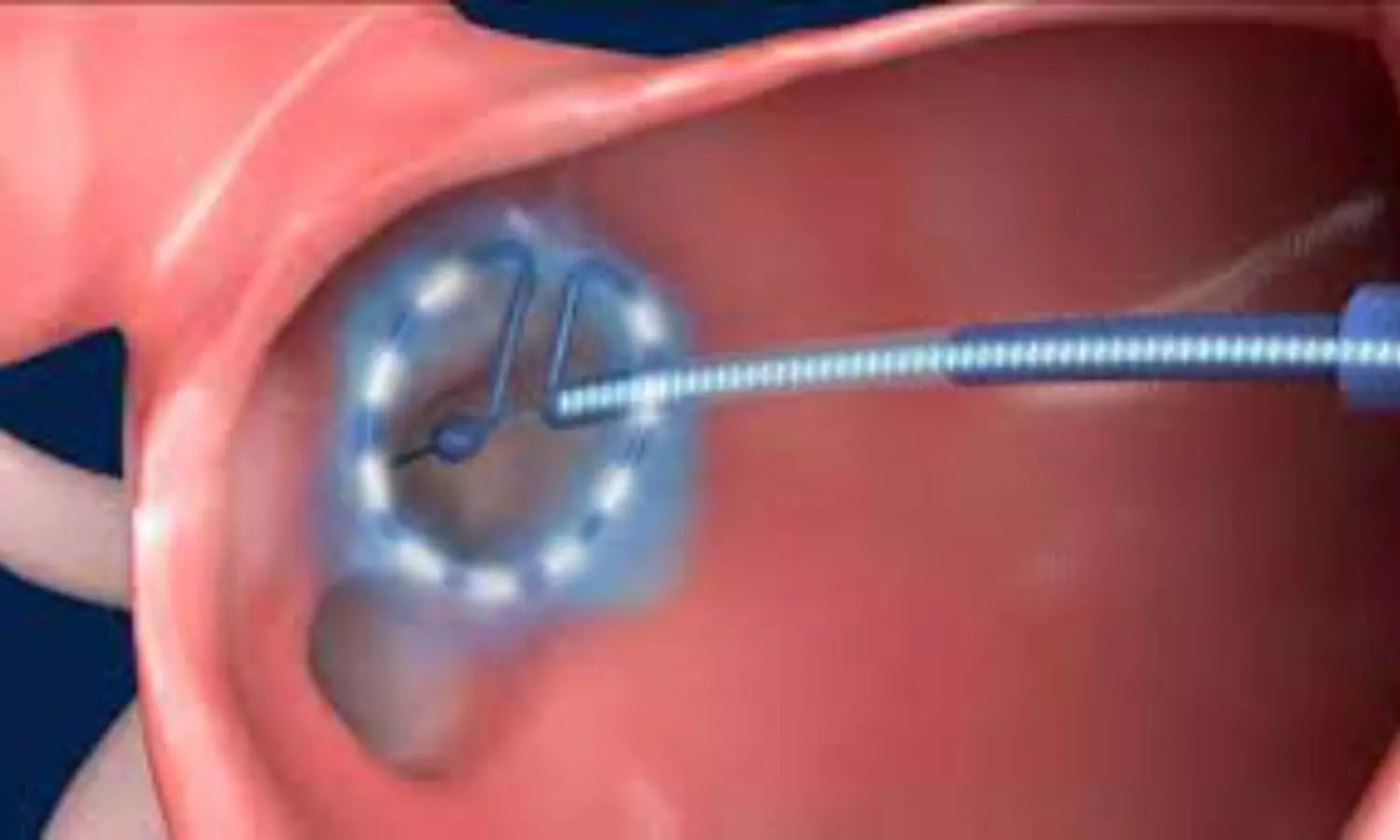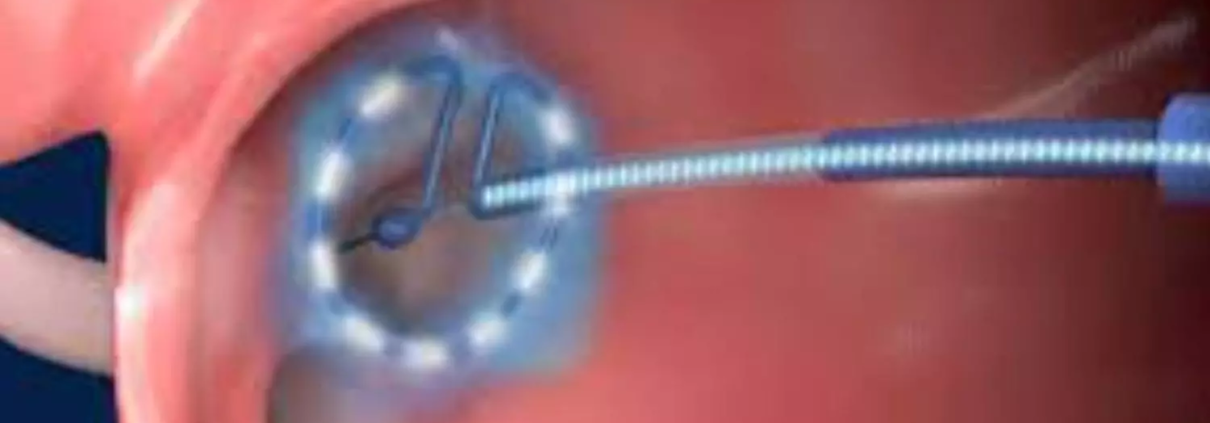Pulsed Field Ablation Superior to Thermal Ablation for Reducing Atrial Arrhythmia Burden, suggests study

Researchers have found that pulsed field ablation (PFA) is superior to conventional thermal ablation for reducing atrial arrhythmia burden in patients with paroxysmal atrial fibrillation (Afib). This conclusion comes from a secondary analysis of the pivotal ADVENT trial, which was presented at the Heart Rhythm Society (HRS) annual meeting and published in the JACC: Clinical Electrophysiology by Mohit K. and colleagues. These findings indicate a significant advancement in the treatment of Afib, potentially improving patient outcomes and quality of life.
Atrial fibrillation is a common cardiac arrhythmia associated with increased morbidity and mortality. Traditional treatments include thermal ablation techniques, which have varying success rates and potential complications. Pulsed field ablation, a newer technique, promises to offer a safer and more effective alternative. The ADVENT trial’s initial results showed noninferiority of PFA compared to thermal ablation in achieving freedom from atrial arrhythmias at one year. The secondary analysis aimed to delve deeper into arrhythmia burden and quality of life metrics.
-
In the ADVENT trial, 82% of patients treated with PFA achieved less than 0.1% residual atrial arrhythmia burden compared to 75% with thermal ablation (OR 1.5, P=0.04).
-
This equates to approximately 8.6 minutes of arrhythmia over two 72-hour Holter monitoring periods.
-
Atrial arrhythmia burden greater than 0.1% was associated with lower quality of life scores and higher rates of redo ablation, cardioversion, and hospitalization.
-
Real-world data from the FARADISE global registry, involving 1,173 patients, showed a 4.0% rate of device or procedure-related serious adverse events, primarily minor vascular access complications.
-
No deaths or severe complications like coronary spasm, persistent phrenic nerve palsy, or esophageal lesions were reported.
Lucas Boersma, MD, PhD, presented 30-day data from the FARADISE registry, which tracks real-world use of the Farapulse pentaspline PFA catheter across Europe, Asia, Australia, and the Middle East. The study found that PFA had a favorable safety profile, with serious adverse events occurring in only 4.0% of cases. Most adverse events were minor vascular access complications, and there were no fatalities or severe complications.
The MANIFEST-PF registry suggested that PFA benefits extend to patients with heart failure (HF), regardless of ejection fraction. At one year, freedom from atrial arrhythmia was significantly higher in patients without HF (79.9%) compared to those with HF with preserved ejection fraction (HFpEF) (71.3%) and those with moderately reduced or reduced ejection fraction (HFmrEF/HFrEF) (67.5%). This was consistent for both paroxysmal and persistent Afib.
The findings from these studies underscore the potential of PFA to become a preferred treatment modality for Afib, offering superior outcomes in terms of reducing arrhythmia burden and maintaining quality of life. The real-world data further reinforce PFA’s safety and feasibility, even in diverse clinical settings. Additionally, the benefits observed in heart failure patients suggest that PFA could play a crucial role in managing Afib across various patient populations.
Researchers have found that pulsed field ablation is superior to conventional thermal ablation in reducing atrial arrhythmia burden, with significant implications for patient quality of life and treatment efficacy. The ADVENT trial’s secondary analysis and real-world data from the FARADISE registry highlight PFA’s safety and effectiveness, paving the way for its broader adoption in clinical practice. Further studies are warranted to explore its long-term benefits and potential applications in different patient cohorts, including those with heart failure.
Reference:
Turagam, M. K., Neuzil, P., Schmidt, B., Reichlin, T., Neven, K., Metzner, A., Hansen, J., Blaauw, Y., Maury, P., Arentz, T., Sommer, P., Anic, A., Anselme, F., Boveda, S., Deneke, T., Willems, S., van der Voort, P., Tilz, R., Funasako, M., … Reddy, V. Y. (2024). Safety and effectiveness of pulsed field ablation for atrial fibrillation in patients with heart failure: A MANIFEST-PF sub-analysis. JACC. Clinical Electrophysiology. https://doi.org/10.1016/j.jacep.2024.05.002



